Play and Games are broader categories than any list of video games could capture. In 2020, that became even more clear as our lives were funneled into applications and rote interactions that we naturally made “fun” to get by. Here’s a list of a few of those things, big and small, that we played in 2020 and didn’t fit our traditional rigid definition of games.

CHESS
It goes without saying that 2020 was an incredibly atypical and strange year, in most cases for the worst, forcing people indoors and severely limiting the types of social interactions and activities that people worldwide were able to regularly and actively participate in. However, even the darkest clouds have silver linings. The same difficulties that obstructed and reshaped nearly every facet of our lives proved to be the perfect conditions for a massive boom in popularity and visibility for one of the single oldest pastimes in the human canon: the game of chess.
The early pandemic months (at least in the US) of March and April saw a huge influx of new viewers to streaming platforms like Twitch, including to many popular chess channels like those of American grandmaster and current world blitz chess #1 Hikaru Nakamura. With the distinct advantage of being a spectator sport that doesn’t inherently require in-person competition, the chess community pounced on the opportunity, quickly organizing multiple high-profile online events like the Magnus Carlsen Tour, featuring almost all of the world’s top elite players, and chess.com’s Pogchamps tournament, which pitted a number of Twitch’s most visible names and personalities against each other with coaching from titled masters. Both events shattered online viewership records for chess competitions and more-or-less made chess the talk of Twitch through the summer. Then, just as it seemed that the chess boom may be starting to fade into the past, along came THE QUEEN’s GAMBIT on Netflix, one of the biggest TV hits of the whole year and a show that threw an entire canister of gasoline onto the somewhat dwindling fire of chess’ popularity. Reaching an even larger, more mainstream audience than the streamers ever did, public interest and sales of chess sets soared, and have shown few signs of slowing since.
In a year when so much was uncertain, and many people found themselves unsure of where to turn for an escape, here was this game that has existed, unchanged, for over a thousand years, simple enough for a child to learn but with too much potential complexity for even the most advanced computers to truly solve. In many ways, chess represents the antithesis of life in 2020; everything that occurs on a chessboard is straightforward and logical, anything bad that befalls you can be directly traced to past mistakes of your own doing, and nothing ever happens by chance. It’s as pure a battle of wits between two people as you’ll find, and perhaps most importantly, it’s as accessible as a game can be, available online to anybody at any time, totally for free. The same reasons that chess has persisted as an omnipresent force in the human experience for so many centuries are the reasons that it thrived at a time when many people were at their lowest, a universal touchstone that even the newest beginners can grasp and understand in a meaningful way. The thrill of triumphing over another person through nothing but your own sharpness and guile is satisfying in a way that very few other things are, and while that satisfaction may have been elusive in 2020, many people rediscovered a source of it that has stood the test of time, and hopefully many more will continue to do so in the years to come. [Jacob Martin]
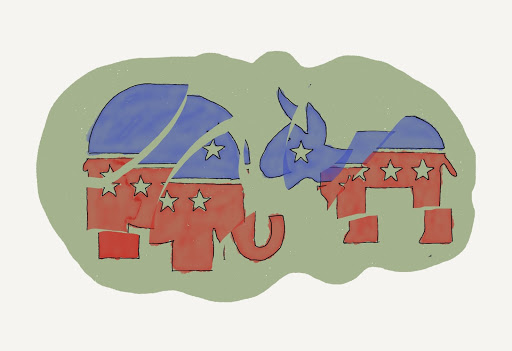
THE AMERICAN POLITICAL SYSTEM
Do I have to explain this one? Are you happy with the results of the last eight years of American politics? How about the last 12? Our political system being game-like is one of our greatest problems. People cheat, pay to win, and very little is set up to functionally correct for that (at least anymore). The rules of this game are rigged, and a lot of people want to do everything in their power to make sure they never change. It’s not dissimilar from a collaborative board game like Pandemic (look, an unfortunate comparison, I know) except there are “house rules” we can play by and I think the political action over the last year gives you a pretty good idea of what that could look like.
Also, Alexandria Ocasio-Cortez and Ilhan Omar streamed on Twitch, so gamers are “rising” up, in a political career sense as well. [Ian Campbell]
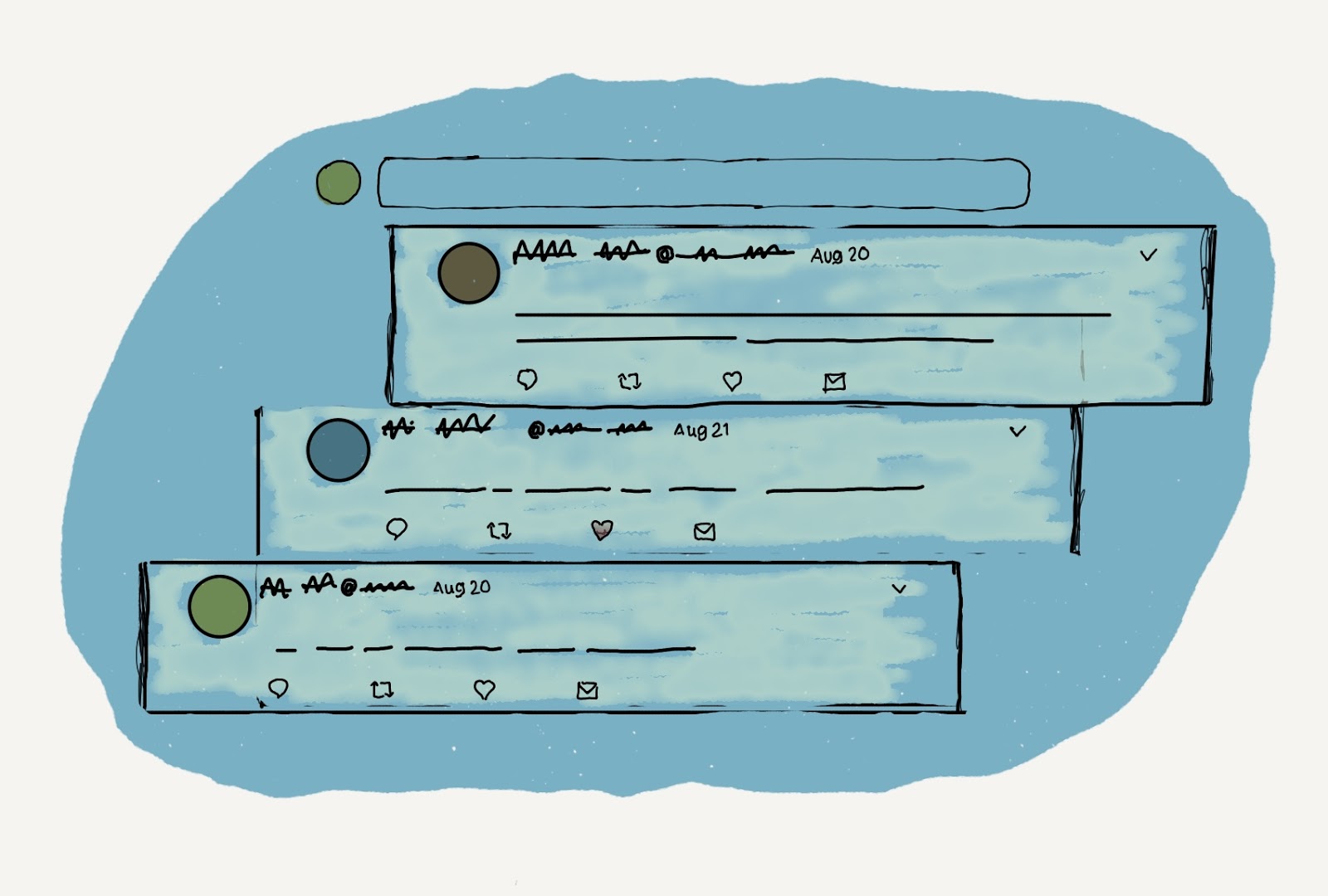
BEING A REPLY GUY
A “Reply Guy” in the traditional sense is someone who replies to social media posts, usually those of women, in an overly-familiar or otherwise obnoxious way. They are usually regarded as Twitter pests, but can be found saying “Beautiful girl!” or relaying a story no one cares about on Instagram, Facebook, or any other social media platform. But after being stuck inside and spending more time on Twitter during the hellscape that has been this year, one tends to resort to desperate measures to suck a little more dopamine out of the day. Occasionally I’ve taken to loosing a snarky reply on an unsuspecting Twitter user with a high follower count. As someone with very modest comedic chops, sometimes these replies are found by others who mistake them for being VERY funny, and the combination of high Tweet-views and other similarly-bored people create a series of likes tantamount to ascending to Twitter Godhood. I have a little more than 200 followers on Twitter and I don’t have much else going on; the dopamine rush that comes from finding the right audience with the right Tweet can grow to be addicting. And then from that point it becomes somewhat of a game where you’re trying to find out what the audience is for that Tweet, what they’d think is like-worthy, and tailoring a remark to hit that sweet spot. I don’t contribute anything to the conversation, nor am I any real kind of friend to the person I’m replying to, but neither are the people that end up liking my Tweet, creating a weird sort of ecosystem fueled by the original user, my reply, and those that respond to it. It’s intoxicating, a rush, and something I ABSOLUTELY MUST leave in 2020. [Steven Porfiri]

ZOOM
I generally think video chatting is fine. I like seeing faces, they make me feel like I’m not actually the most hated person in the world. But I really do think we all jumped on the Zoom bandwagon far too quickly. Do you remember installing Zoom? It is not like other apps in terms of what it wants access to. Also those calls weren’t truly end-to-end encrypted for a while I think! The vaguely sinister surveillance element aside, I think the rituals associated with Zoom and other video conferencing apps are super interesting. When is it appropriate to have your video off? Do you attempt to even light yourself sufficiently? Remember when normies figured out they could change their background without a green screen? All great moments and cultural norms to experience and figure out.
What makes Zoom interesting as something we play is it added a whole other surface to human communication, something that was already super complicated! It’s not always enjoyable (frequently because it’s connected to work), but navigating it poses an interesting challenge. There’s some of the expectations that come with normal face-to-face communication, but there’s also all these other things (chats, the ability to change who you see when, the previously mentioned ability to turn off your camera and mic entirely) to account for. Not the most fun non-game game, but an interesting one to be forced to play. [Ian Campbell]
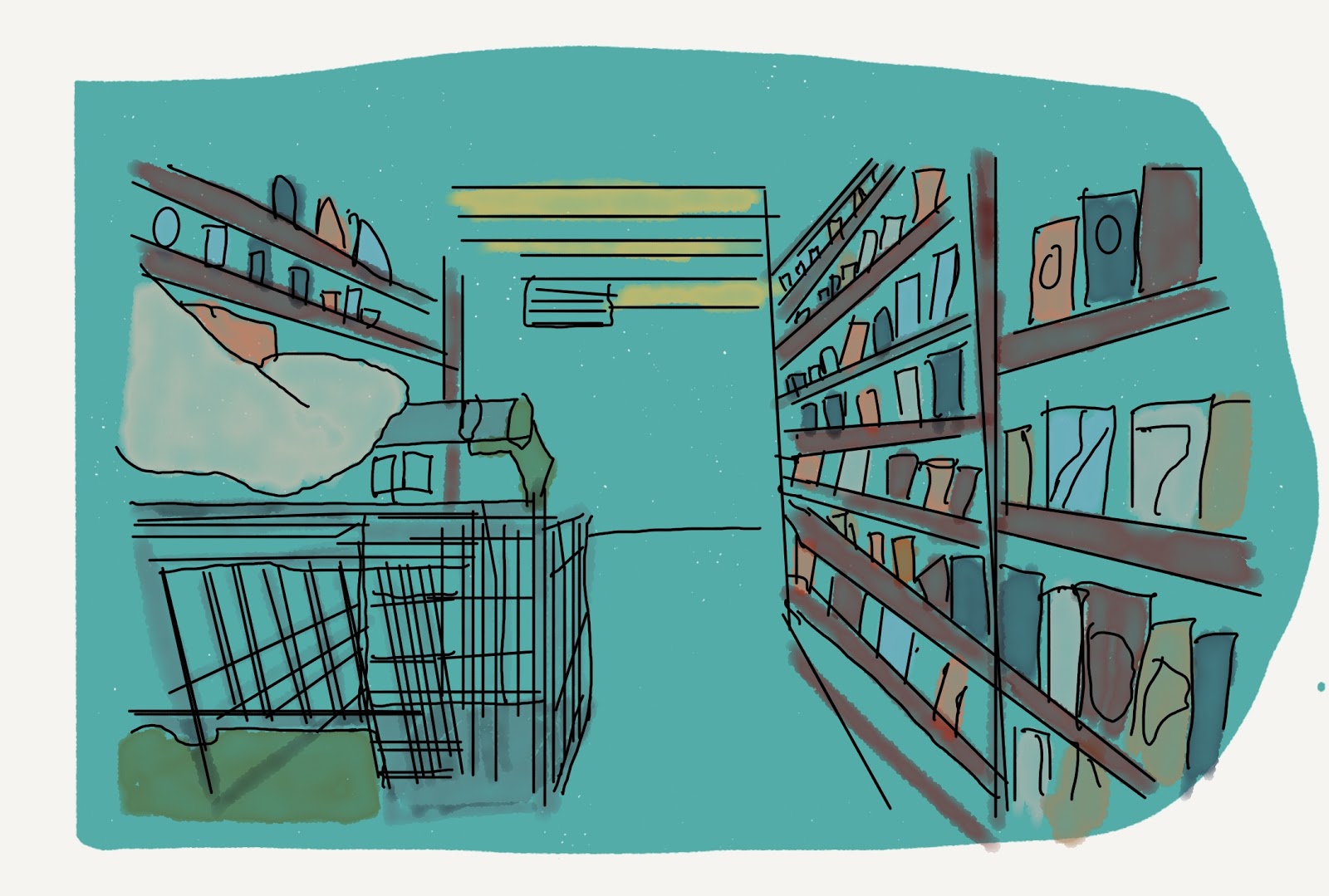
GROCERY SHOPPING
I’ve always approached grocery shopping like a game. Considering that weekly trip with win-lose logic made trips to Ralphs or Safeway or Bashas not only manageable, but fun. How can I get the best valuable possible out of what needs to be purchased? Have I come in under my budget? Did I find some new loophole in the coupon or sale system? Did I find that brand new item that’s going to change my at-home culinary experience forever? Hell, this experience is so inherently close to a game that we’ve created both actual game shows (SUPERMARKET SWEEP, GUY’S GROCERY GAMES) and reality shows (EXTREME COUPONING) centered around this holy, unique experience.
But the game changed in 2020, and not for the better. Suddenly grocery shopping became a timed challenge, and one that had life-altering implications if I did something wrong. Finding a great deal on breakfast sausages, or buy one get one on shredded cheese, were distant achievements to getting a COVID test a week later and it coming back negative after knowing the only place I’d been in that week was a grocery store. Getting in and out as quickly as possible is a survivalist strategy, to be sure, and one that has stripped a lot of the fun of a once-beautiful ritual. I look forward to being able to spend an hour wandering the aisles without fear soon. At the current time of writing, I’m undefeated at grocery shopping, at least as the 2020 rules apply. I may have lost out on some great deals, but I have full health so I suppose we chalk it up to a win. [CJ Simonson]
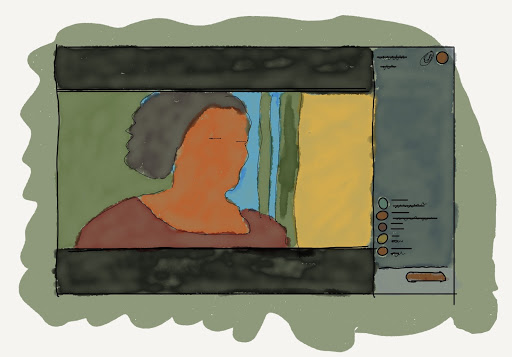
WATCH PARTY/TELEPARTY
Losing the communal experience of watching things has been one of the most glaring losses of our pandemic year, a problem that was quickly addressed with plug-ins like Teleparty and a bunch of official chat systems from big streaming services like Hulu and Disney Plus. Talking to people while you watch something is great. I love to goof, and more than that, I love to pose inane questions while watching serious things (I’ve somehow become a surgery expert from watching Grey’s Anatomy, while still needing to have the most basic medical protocol questions answered every episode). The problem is, no watch party is quite the same as sharing a couch with someone, or a bucket of popcorn. It kinda sucks, no matter how many times I try to score funny points by messaging in-character during the entire show or movie.
But here’s the good thing: pandemic watch parties are really about everything that happens when the entertainment isn’t playing. It’s the icebreaking and catching up in the chat beforehand. The little conversations that take so long that you have to refresh the video to make sure everyone’s still in sync. It’s the weird little pre-game ritual I made where I share a song I’m listening to right before starting or whatever weird Wikipedia hole I’ve fallen down. Like any good multiplayer game, watch parties aren’t really about the “game,” but the temporary little chat room it creates for the few hours you all agreed to be temporally relevant to each other. When done right, it’s like a digital couch, extending across space and time. That’s a game thats proven well-worth playing, and I hope it sticks around once the pandemic’s over. [Ian Campbell]
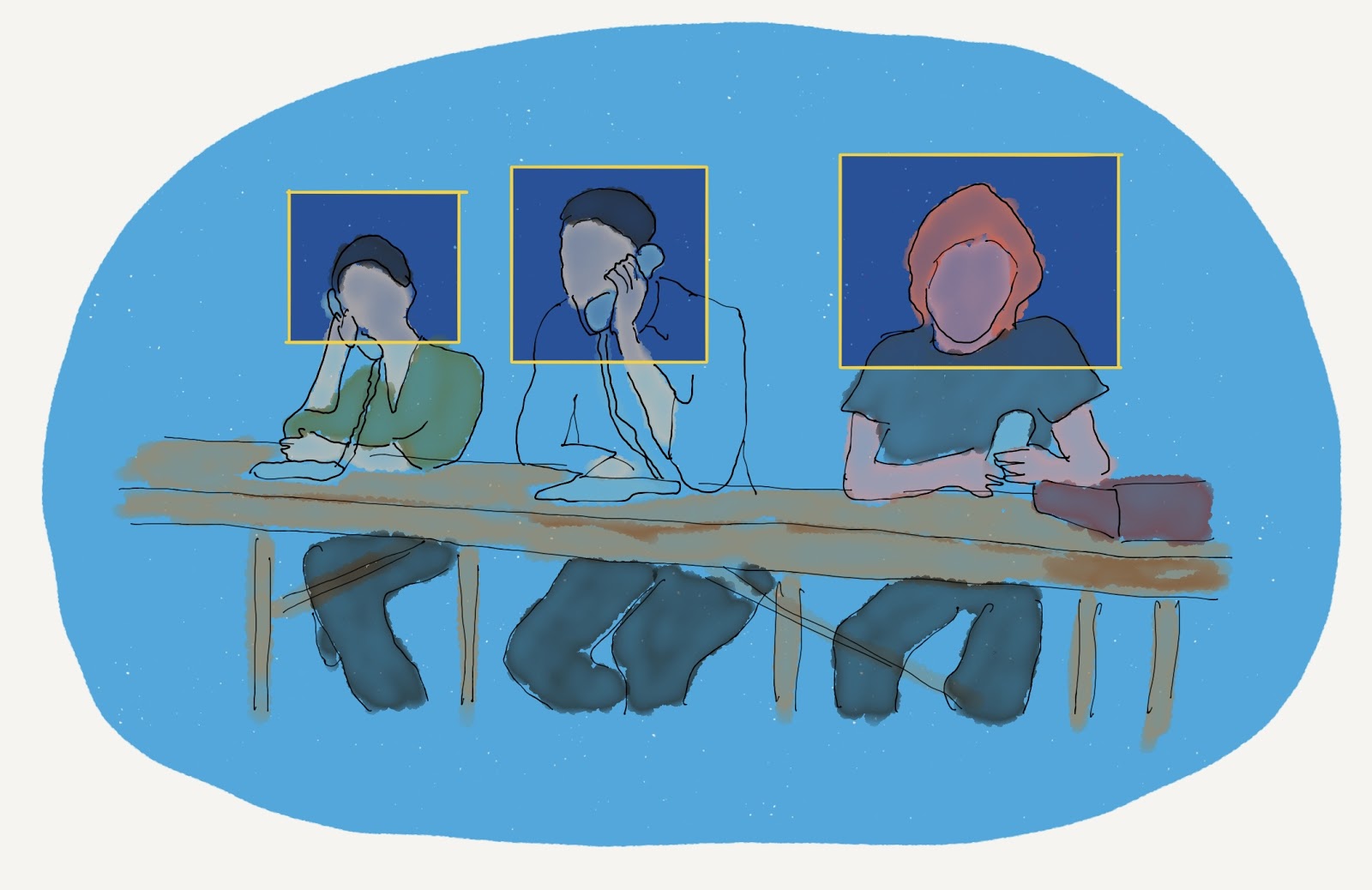
PHONE BANKING
While the source and circumstances were bleak, the mass movement against police violence is one of the best things to come out of 2020. It was the awakening of a mass consciousness that should everything go right, will lead to a kind of political engagement in the United States and the rest of the world that hasn’t existed on this scale in a very long time. The marches were and continue to be a big part of the visual language of the movement, but just as important are the outreach and phone banking that push the issues on the local level.
Of the things on this list, only Chess is more game-like than phone banking. The methods can vary depending on just what message you’re trying to get across, but the auto-dialer you’re likely to use while banking quite literally looks like the quest interface you’d see in a video game. The step-wise process of alternating between delivering a script and free-styling with your own natural conversation also feels like navigating a dialogue tree. I think I also like this logic because when I phonebanked for the first time one of the things that helped me get over my nerves was acknowledging the game of it all. The conversations are real, but my ability to leave them and immediately jump into another was not, and that provided a lot of safety. Something that’s worthwhile when you’re trying to do meaningful work for the first time. [Ian Campbell]
Thanks for reading! Merry-Go-Round Magazine is an independent media source funded by people like you! If you’re enjoying our End of 2020 Coverage, consider becoming a member of our Patreon, or even donating to our operation here!









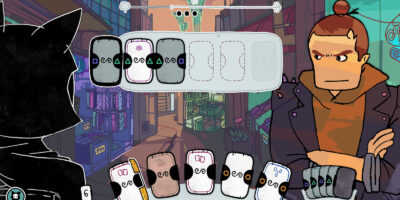






Comments